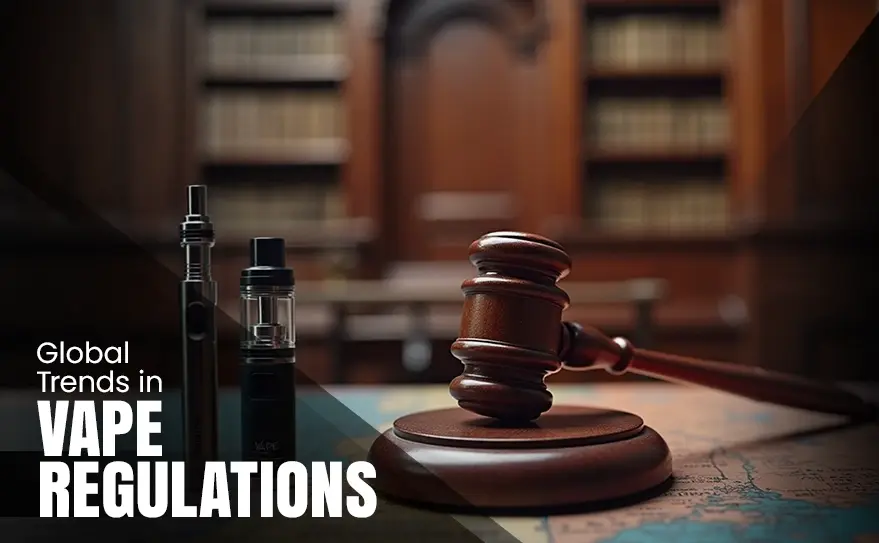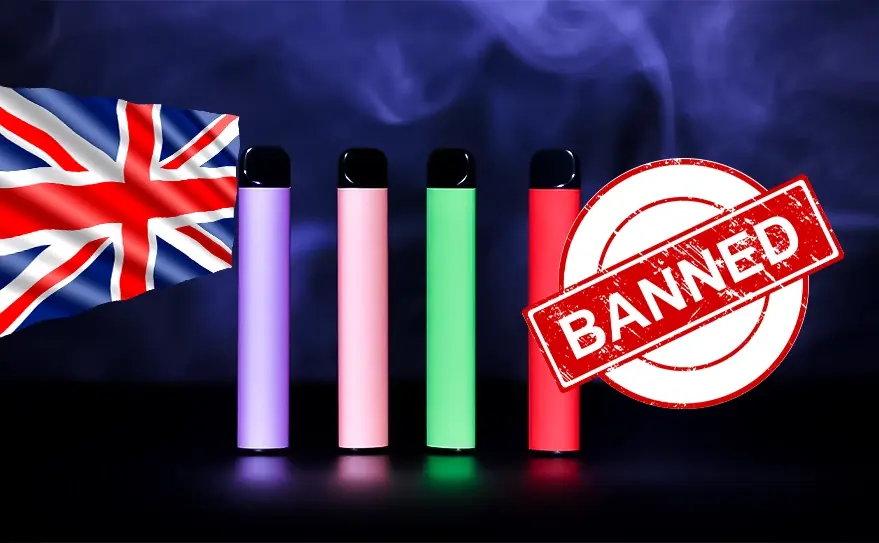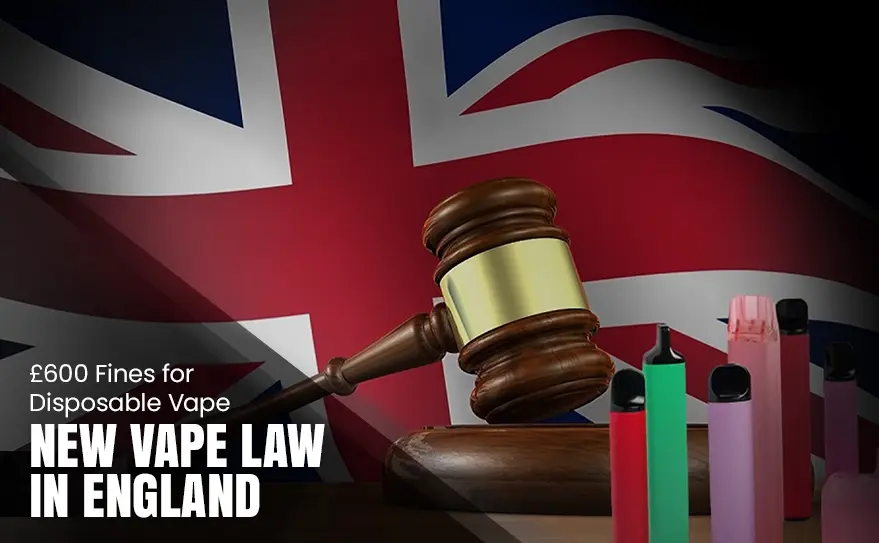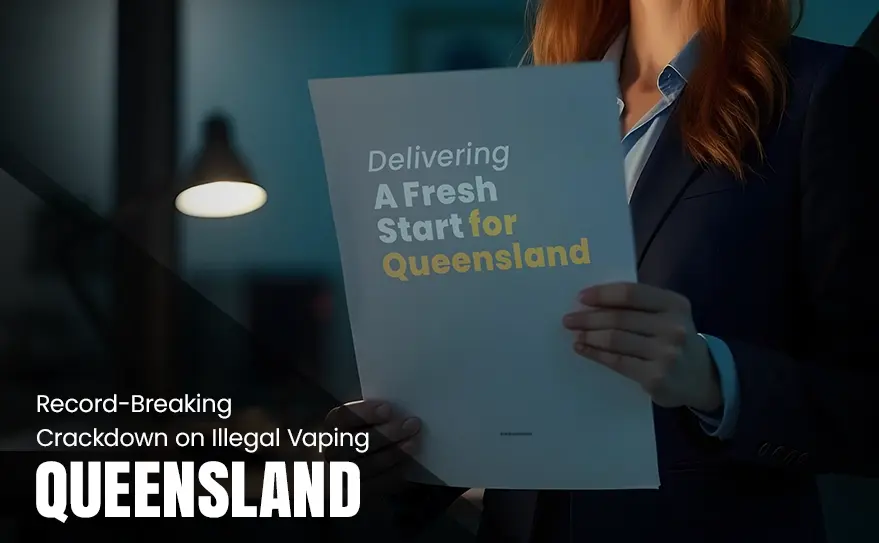Laws & Regulation
Global Trends in Vape Regulations: How Countries Are Tightening or Loosening Laws in 2025

Across the globe, there is an increase in attempts to regulate vaping products to prevent their use among youths, their adverse health effects, and the pollution of the environment.
Europe: A Unified Push Against Disposable Vapes
Belgium has become the first EU country to ban disposable vapes, effective January 1, 2025. Health Minister Frank Vandenbroucke explained that addiction issues among young people and environmental concerns were the main motivations for the vape prohibition.The French government informed the EU about its decision to regulate disposable vapes, and the National Assembly approved the ban in December 2023. The French government's main concerns are the protection of public health and the reduction of environmental damage.
Latvia has banned all vape flavours except tobacco, effective January 1, 2025. The initiative aims to reduce vaping's attractiveness to young people while helping adult smokers end their usage of tobacco products.Ireland plans to prohibit all disposable e-cigarette devices as well as flavoured variants while imposing advertising and packaging restrictions to stop children from being attracted to them. Spain is expected to tax e-liquids and related products in a wider attempt to establish taxes on previously under-taxed areas.
United Kingdom: Comprehensive Measures to Curb Youth Vaping
The UK government has banned disposable vapes, effective June 1, 2025. Protecting children's health and reducing plastic waste are the main purposes of this decision. The restriction follows parallel restrictions implemented across Scotland, Wales, and Northern Ireland. These regulations exist within a larger tobacco sector control strategy that targets youth vaping reduction.Australia and New Zealand: Strict Regulations to Protect Public Health
Australia has enforced stricter regulations on the importation and sale of vapes. Only nicotine-containing vapes are available for purchase through pharmacies, and they are sold only to adults with a prescription. Severe penalties such as imprisonment await those who violate the regulations. In March 2024, New Zealand's government passed legislation to ban disposable vapes and to increase regulatory enforcement. The government has highlighted the need to reduce the environmental impact and prevent youth access to vaping products.Asia: Emerging Regulations in Malaysia and Indonesia
Malaysia has enacted the Public Health Tobacco Control Act 2024, effective October 2024. This legislation prohibits e-cigarette sales and advertising while establishing safety standards that require nicotine content information on packages. The maximum nicotine level will decrease from 35mg/ml to 20mg/ml by October 2025. Indonesian law has always restricted the sale of tobacco products and e-cigarettes. With the GR 28/2024 issuance, the government has added new restrictions. It includes raising the minimum age to purchase tobacco products and e-cigarettes from 18 to 21 years and prohibiting the sale of tobacco products in single units.North America: Mixed Approaches in the United States
Illinois established new e-cigarette advertising regulations, which will take effect starting from January 1, 2025. It is now illegal to market vapes in a way that makes them look like anything other than what they are. Rhode Island banned flavored e-cigarettes and imposed a vaping product tax on January 1, 2025. The tax is 50 cents per millilitre for disposables and 10% for refillable systems, wholesale price.Starting January 1, 2025, California implemented an online and delivery prohibition on flavoured tobacco products. Retailers who violate tobacco laws can face monetary penalties reaching $20,000 and may also be imprisoned.







